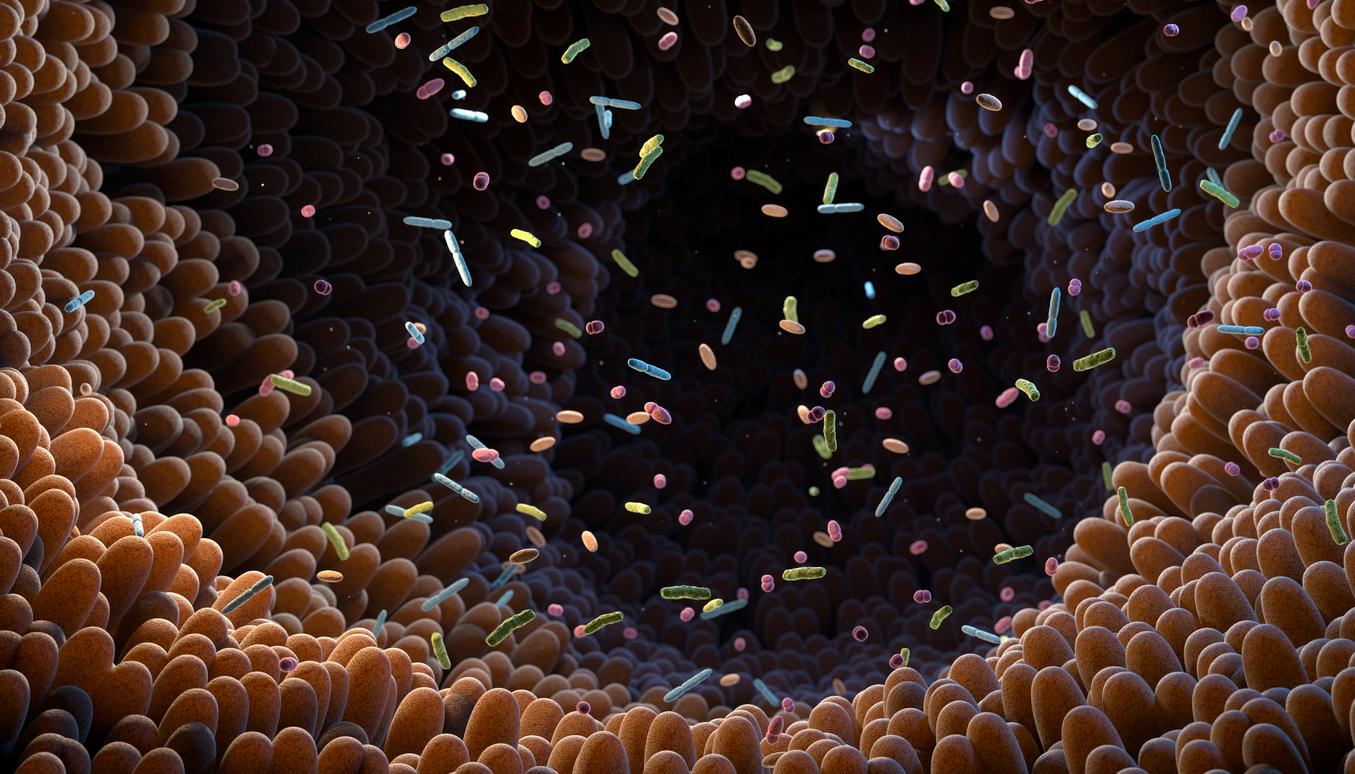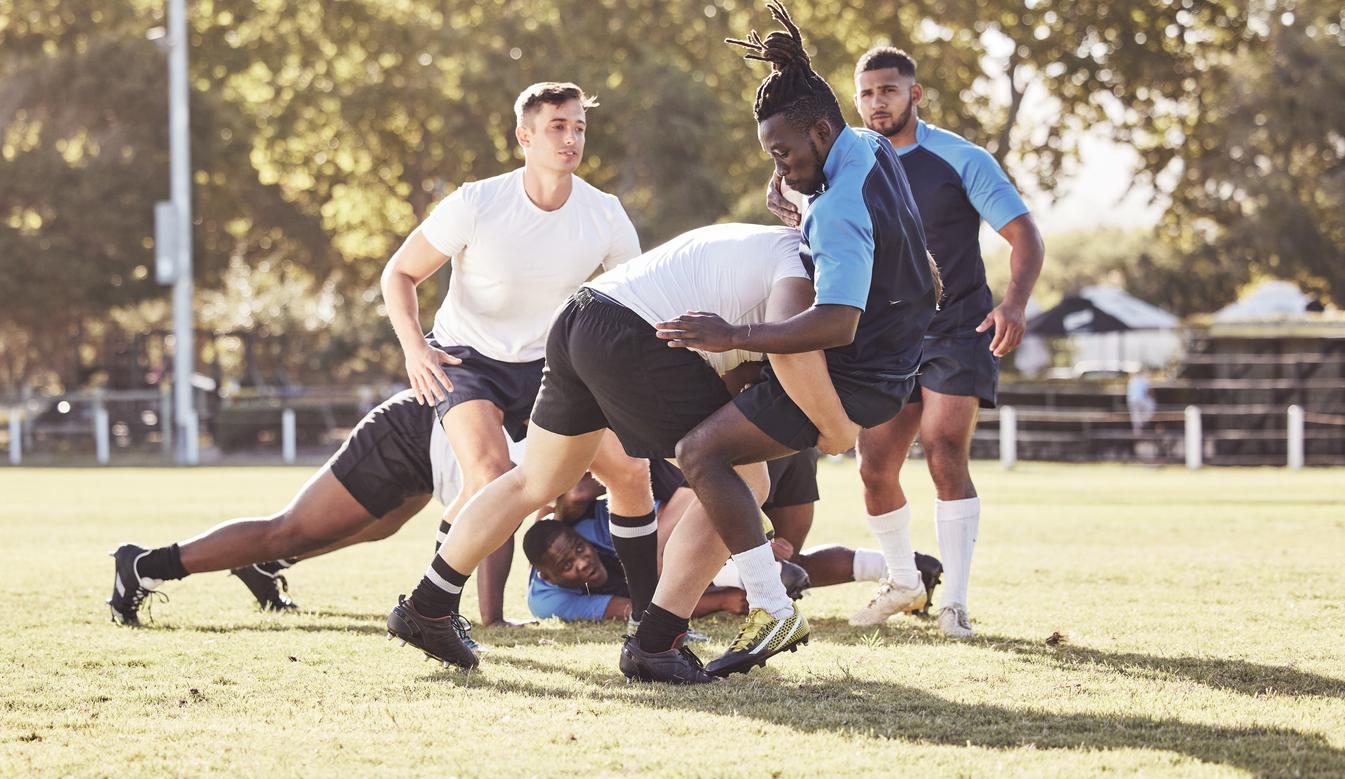Parkinson’s, Alzheimer’s, Charcot… The risk of suffering from neurodegenerative diseases is higher among former international rugby players because of repeated injuries.

- Traumatic brain injury is a major risk factor for neurodegenerative diseases and is believed to cause 3% of all dementia cases.
- The position of former players on the pitch had no bearing on the risk of neurodegenerative disease.
“Autopsies of former contact sports athletes, including football and rugby players, often report chronic traumatic encephalopathy, a neurodegenerative condition associated with traumatic brain injury. Nevertheless, little is known about the risk of neurodegenerative disease in these populations”, wrote researchers from the university in Glasgow, Scotland, in a study published in the journal Journal of Neurology Neurosurgery & Psychiatry.
An analysis of the medical records of 412 former rugby players
As part of this work, they hypothesized that the risk of developing a neurodegenerative disease (Parkinson, Huntington, Charcot, Alzheimer’s, etc.) would be higher in former international rugby players than in the general population. To find out for sure, scientists looked at the health data (death certificates, hospital admissions and prescriptions) of 412 former Scotland rugby international players. They compared them with information from 1,236 adults from the general population.
11.4% of athletes suffer from neurodegenerative diseases
During the 32-year follow-up, 121 (or 29.4%) former rugby players and 381 (or 30.8%) of the control group died. The former rugby players were older at the time of their death, reaching an average of almost 79, compared to just over 76 in the control group. Former rugby players had lower death rates from all causes until the age of 70.
According to the results, 47 (or 11.4%) former international rugby players and 67 (or 5.4%) of the control group were diagnosed with a neurodegenerative disease. The risk varies by disease, ranging from just over twice as high for dementia to 15 times as high for motor neurone disease.
“Strategies to reduce exposure to shock and traumatic brain injury in all sports should continue to be developed and promoted, and measures to mitigate the risk of brain health problems in former athletes should be considered” , concluded the authors in a statement.








-1721998247.jpg)






